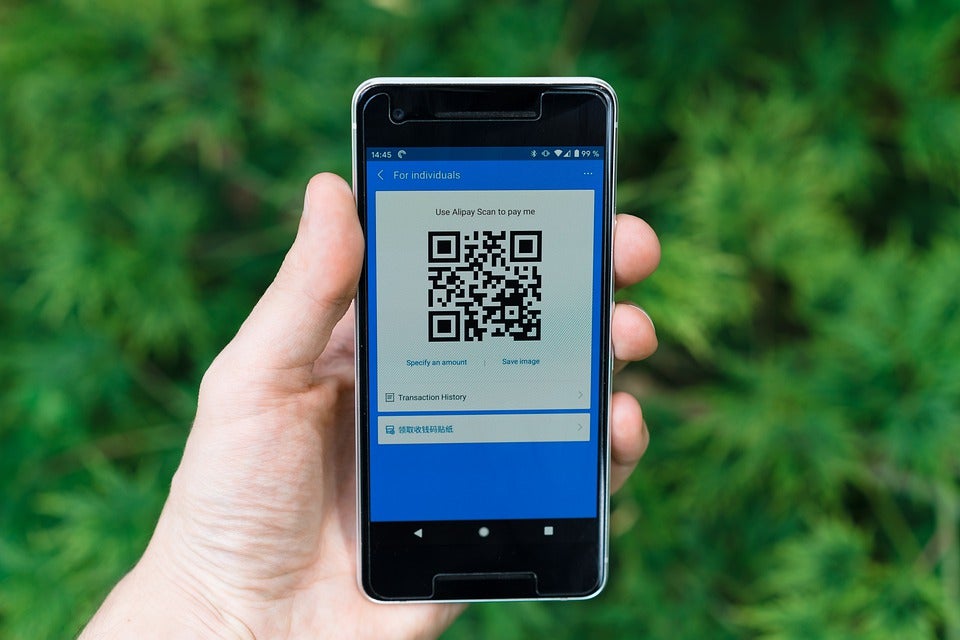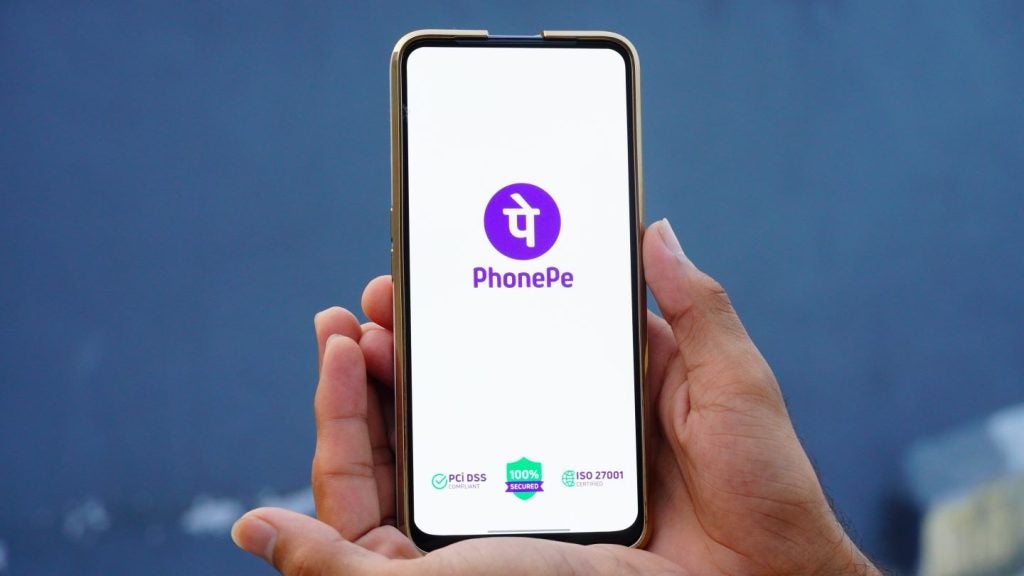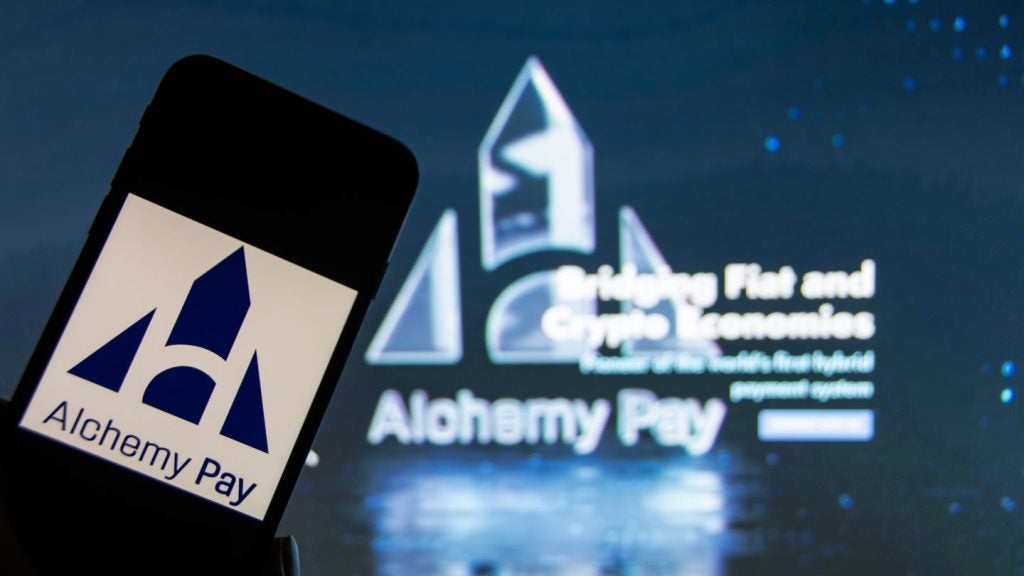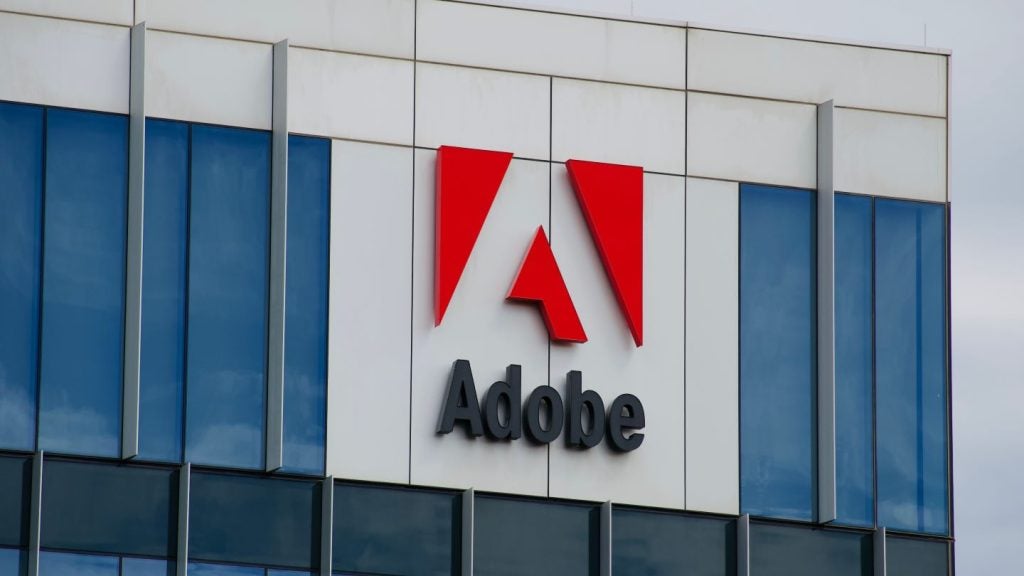
Bank Indonesia (BI) and the Monetary Authority of Singapore (MAS) have launched the process of QR code payment linkage between the two Southeast Asian countries.
The initiative is part of efforts to boost payments connectivity among the Association of Southeast Asian Nations (ASEAN).
Indonesian Payment System Association (ASPI), RAJA (Rintis, Artajasa, Jalin, and Alto) and NETS (Singaporean electronic payment network) have partnered in this regard. The companies, under the supervision of BI and MAS, will work on the QR linkage.
The cross-border QR payments connectivity is expected to be introduced in the second half of 2023.
Once launched, the linkage is expected to facilitate ‘swift and secure’ retail payments by scanning Quick Response Code Indonesian Standard (QRIS) or NETS QR codes.
The latest initiative is also expected to ease the process of cross-border trade, e-commerce and other financial activities for micro, small and medium enterprises (MSMEs).
The two countries also expect the move to add momentum to tourism sector’s growth in the two countries.
Additionally, BI and MAS inked a Memorandum of Understanding (MoU) to encourage the use of local currencies in bilateral trade as well as direct investments.
BI governor Perry Warjiyo said: “During Indonesia’s G20 Presidency in 2022 and ASEAN Central Bank Governors’ Meeting in April 2022, payment digitalisation and cross-border payments have become a priority agenda.
“It (linkage) provides more options for users in cross-border payment transactions and serves as a key to improving transaction efficiency, promoting digital economic and financial inclusion, and strengthening macroeconomic stability by promoting more extensive use of local currencies for bilateral transactions.” MAS managing director Ravi Menon said: “This linkage also aligns with the G20’s efforts to address existing frictions in global cross-border payments and support post-pandemic economic recovery and growth.”







